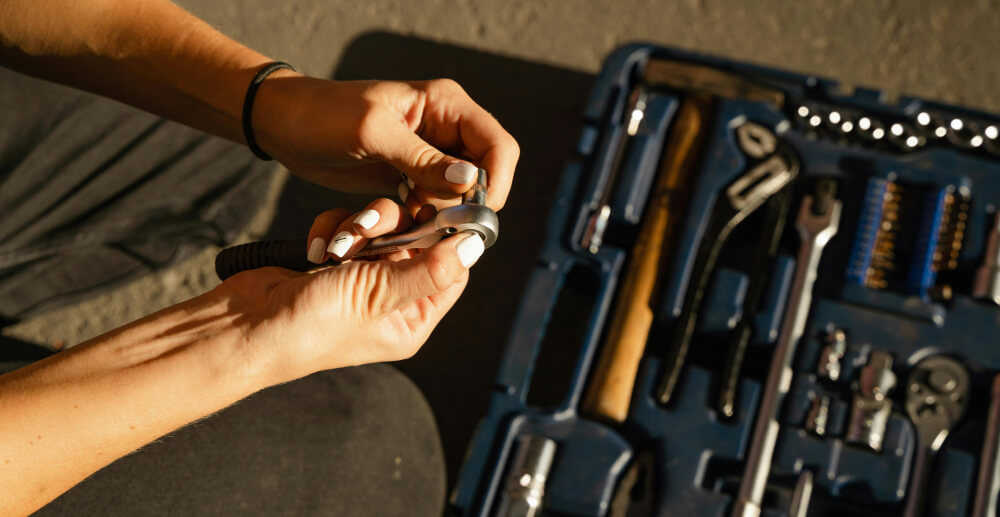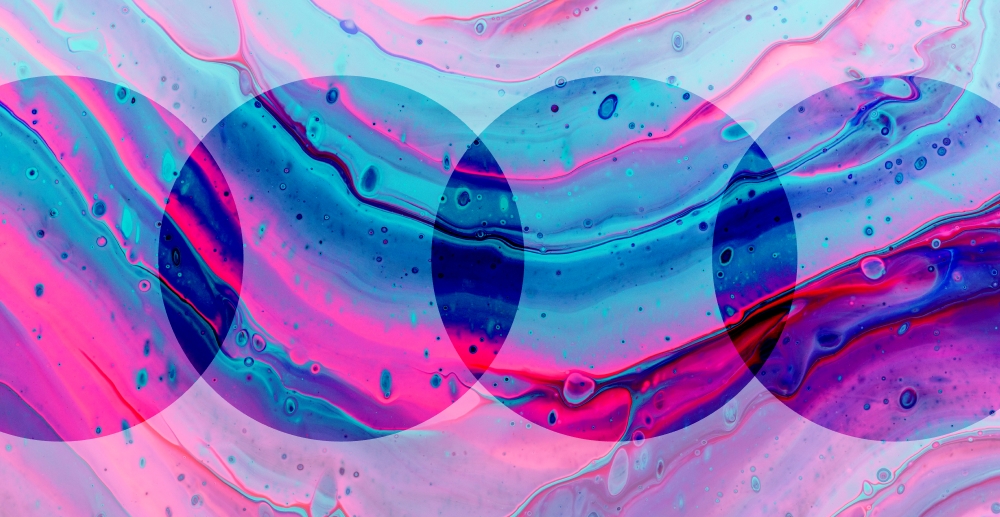Signs of a problem with prescription pills: What to be on the lookout for
We tend to trust doctors. They studied and worked long and hard to get where they’re at. Most have your health in mind and genuinely want to help you. When you are diagnosed with a condition that requires attention, it’s a good idea to listen to what they say.
When I was in my 20s, I was diagnosed with ulcerative colitis. It’s a condition similar to Crohn’s disease, and it’s not fun. Basically, it’s where your guts decide to revolt, and the inside of the large intestine begins to inflame. Since painful cramping usually accompanies a flare, my doctor at the time prescribed painkillers for me to use “when needed.” For me, this seemed like an invitation to manage other things besides pain—I soon figured out that those little magic pills affected an area in my brain that liked what they did. Soon, I was lying to my doctor to hide the way I was misusing my medication; I didn’t want to give it up.
My obsession with pills went far past mere pain relief.
I have substance use disorder. That’s a fancy way of saying that I dig drugs and alcohol, despite the train wreck I inevitably become when I use them. Today, I’m in long-term recovery from prescription pill addiction. Back in the day, pills were my drug of choice. They seemed “cleaner” and “safer” than street drugs, since a physician provided them. Also, I simply enjoyed them much more than alcohol (although I definitely also used alcohol). Pills—opioid-based drugs in particular—seemed to take me back to a once-forgotten time. It was as if I were six years old again and my mother had just taken a warm blanket out of the dryer and wrapped it around me. Pills were like magic. I would swallow them, and 10-20 minutes later I’d be in another realm.
Taking pills quickly became an obsession. At first, I doctor-shopped. But that soon came to an end because the prescriptions always ran out. Over time, my multi-drug pill fixation and my accompanying alcohol use led to lengthy blackouts. I was eventually arrested for trespassing in other people’s homes, ostensibly looking for prescription pharmaceuticals. It was only after this humiliation that I was fortunate enough to get into recovery and gain the tools I needed to stay serene and happy without the need for pills.
Here’s what you should keep in mind:
What are some signs of prescription pill addiction you should look for with painkillers, stimulants, or benzos? The more important question might be: What do you have to gain by genuinely reflecting on your own use (or abuse) of pills and taking action to release yourself from their deadly grip?
1. Be open and honest with your doctor.
Trust your doctor’s advice, but educate yourself about the risks of any medication. I can’t stress enough that most physicians have only your best interest in mind. Unfortunately, some pharmaceutical companies do not. Recently, with the opioid epidemic currently wreaking havoc throughout the United States, it’s been revealed that Big Pharma certainly had something in mind other than patients’ well-being: profit. Addictive painkiller drugs like hydrocodone or OxyContin are profitable, since people who misuse these drugs will come back for more.
Most physicians today are aware of the risks of prescription pill addiction with painkillers and know that misusing these meds can also lead to using heroin or other illegal opioids. But 88% of people who misuse opioids take prescription medication and never use heroin at all. Sticking with pills is not proof of not having a problem.
Be upfront with your doctor about your pill use. If you’re like me, that’s hard to do! Honesty seems like a weakness when you’d rather manipulate. But your doctor will appreciate any information you can give them; after all, they can only treat your condition best through what they know.
2. Are you taking them as prescribed?
The biggest red flag for any medication misuse is whether you’re doing what the label says you should. Personally, I always took more than I needed. I wanted to squeeze out as many endorphins as I could, to get to the place I wanted to be.
Even though pills may seem “safe,” they have the potential to be deadly. That’s the “tricky” part about them. With some types of pills, it’s not just the active opioid that’s dangerous in overdose, either! For example, acetaminophen (Tylenol®) is often an ingredient that accompanies opiate-based ingredients. When you take larger doses than prescribed, that acetaminophen can wreck your liver.
The other question to ask is whether you’re taking painkillers when you don’t have any pain. Or, similarly, if you’re taking a benzodiazepine like alprazolam (Xanax®) when you’re not really having a panic attack. If you’re ingesting a drug to get high, have fun, or find emotional comfort, warning bells should ring. It won’t be long until your brain adjusts to the overload of neurotransmitters, and then you’ll need to use just to feel normal. That’s addiction.
3. There are much worse things in life than recovery from pill abuse.
Misuse of prescription pills can easily get out of control. If that happens to you, it doesn’t mean you’re weak, and you’re not a failure. It’s easy to assume that you are really in control of how you take a medication so long as it’s been legally prescribed to you by your physician. The escalation from “taken as needed and as directed” to “full-scale addiction” can be insidious.
What about if you don’t think you have a problem, but others do? Well … there’s a good chance you do. The issue with addiction is that it tricks us into believing we have control, so others often see the signs before we do.
The fact is that people do recover! And getting into recovery can shape you into a much healthier and happier person than you were before the addiction began. Fortunately for all of us, today you have options to stop the pill-munching madness—options that many did not have previously. What’s more, you can take steps today to learn how to live again without the need for medications to make you feel alive. A life in recovery is worth living. Personally, I’m glad I finally found it.




